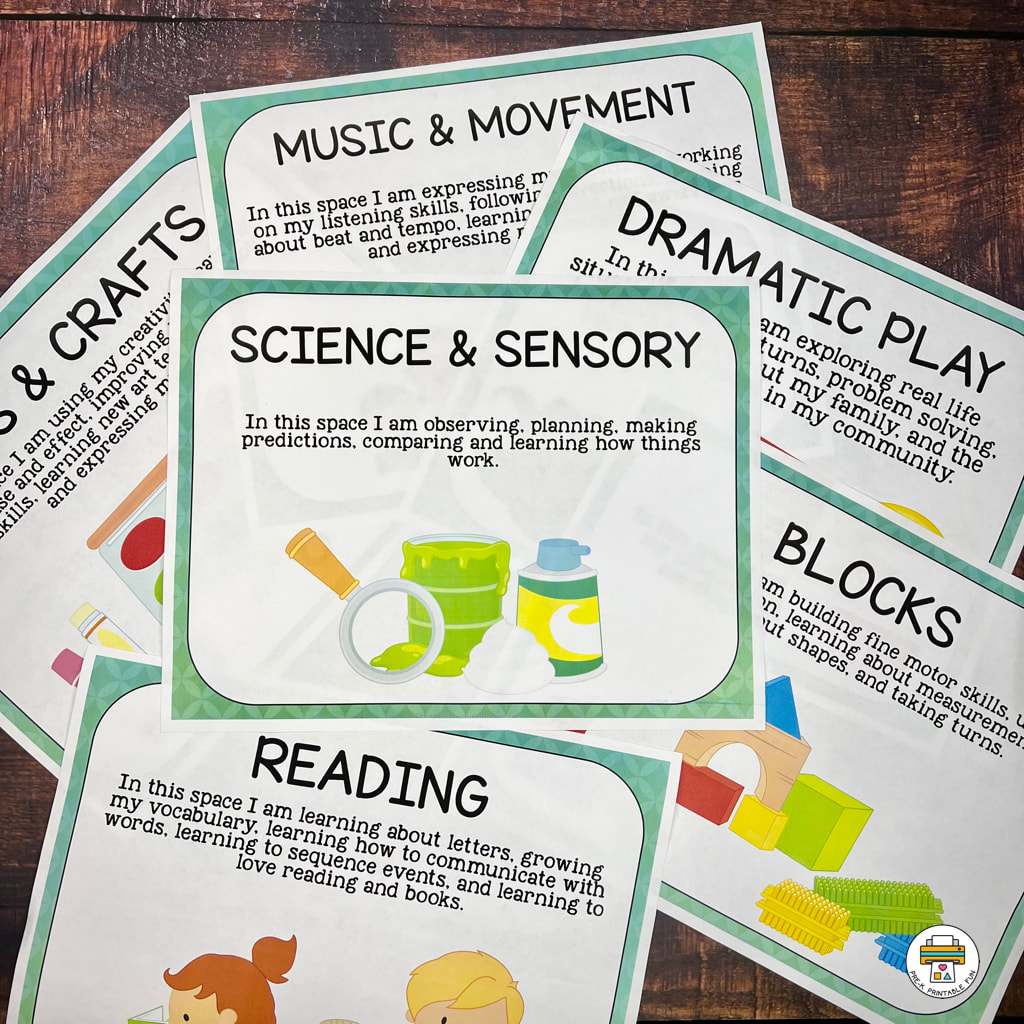Tips for Homeschooling your PreschoolerSome of the biggest worries parents seem to have related to homeschooling young children are: they don't know what they should teach their preschool aged children, they don't know what curriculum to buy, they don't know how much time to spend teaching their preschool aged children, they worry they aren't going to do it "right", they worry they are going to cause irreversible damage, and they don't know how they are going to afford it all. Wading through all of these unknowns, along with the sudden surge of resources leaves many parents feeling overwhelmed. Are you feeling overwhelmed too? I remember experiencing a lot of these worries when we first started our homeschooling journey several years ago. Starting something new is always a little bit scary. Below you can find some of my best tips, so you can truly enjoy this amazing gift...time together! 1. Keep it simple Here at Pre-K Printable Fun, we believe in a keep it simple approach to educating your preschooler at home. We believe you can meet your preschool child's developmental needs by doing these things every day: S-Sing, Read, and Talk I-Improve a developmental skill M-Make something New P-Play (freely) L- Learn a new developmental skill E-Explore Outside You can learn more about our SIMPLE Preschool at Home philosophy, and download a free copy of our SIMPLE Lesson Plan to make it easy for you to plan your daily activities. 2. Create a family routine We are all going through uncertain times. Right now our priorities are making sure our families physical needs are being met, and that they feel loved and safe. One of the ways you can make your young child feel more secure is by creating a daily family routine. Children thrive on consistency. Having a daily rhythm or routine, makes children feel empowered. They learn to anticipate what is coming up next in their day, and can handle transitions easier. A Daily family routine will help you manage your new daily responsibilities, and help you feel less overwhelmed. Please allow yourself grace in this ever changing landscape. Routines should not be rigid, but rather serve as flexible visual schedules to help you keep track of your most important daily tasks. You'll want to start by penciling in the predictable activities that happen consistently in your day. Some examples of predictable activities include: Morning Schedule: wake up, breakfast, Afternoon & Schedule: lunch, nap time, Dinner, and Bedtime Once those are in place, you'll want to observe your preschoolers natural rhythm. Take note of the times they are active (running, jumping, moving), focused and inactive. After you have observed the natural times the children are active, focused, and inactive, you can start to pencil in the flexible activities that can occur at any time during the day. Some examples of flexible activities include: Indoor free play, Outside free play, and adult facilitated activities (educator led learning centers, story time, music & movement, art projects, etc). Be sure to include daily chores, and other family responsibilities-these provide natural learning opportunities, and improve self help skills. 3. You don't need to re-create school at home Early Childhood Educators deserve major kudos. They only have so much instructional time per day. During this time, they need to do their best to meet the developmental needs of 10-30 students, while at the same time managing classroom interruptions, and transitions. You don't need to mirror a classroom. While your child is home they will not be competing with 20-30 students for instructional time. This is one of the things that makes educating your child at home great! Recently the Illinois Board of Education released the above chart (and this set of remote learning recommendations). Be sure to check with your state to see if they have something similar! One of the freedoms that comes with homeschooling, is realizing learning happens everywhere! You don't need to be sitting in a desk to learn-use this time to bond with your child. Young children can learn when they are cuddling with you on a couch reading a book, While you are playing a game together, and taking a walk exploring nature-there is just so much to explore and learn! You know your child best. You know how they learn best (or soon will!) and you'll find you can cover so much more in much less time with one on one direct instruction. 4. You don't need to spend a lot of money You don't need to buy a lot of things, or spend a lot of money to educate your child. Everyday activities can become amazing learning opportunities. Here at Pre-K Printable Fun we love sharing a variety of tips, and fun easy family friendly at home activities. Our suggestions focus on low cost, easy prep activities, that use common objects around your home and can help meet your preschoolers developmental needs. If you are looking for some ideas about what to teach your child-I recommend you search the internet for your states "Early learning childhood developmental guidelines" or call your local school district to see if they have a Kindergarten readiness list.These guidelines serve as a roadmap. They outline developmentally appropriate skills that your child should be working towards mastering. Here at Pre-K Printable Fun, we've developed our own free early learning standards checklist. This checklist contains some of the outcomes you can expect your preschooler to work towards mastering if you are a club member or customer who is using our activities. The PKPF early learning standards describe over 50 common preschool learning outcomes spanning the following 8 developmental domains: Social Emotional, Approaches to Learning, Physical Development (Gross Motor, Fine Motor, Health & Safety), Language & Literacy, Mathematics, Science & Discovery. Social Studies, and Art & Creativity. It's a great free resource if you are needing to find out "what your child should know" 3. When in doubt let them play Children are learning so much through play. They are learning to take on adult roles, exploring the world around them, and building a variety of developmental skills. 4. It's going to be OKChildren are resilient. In a normally busy and hectic workday, we normally have very little time to spend with those we love the most. This crisis provides a unique opportunity for us to nurture and bond with our loved ones. The time we have is one of our more precious resources-let's use it the best we can! You Might Like
|
What can I help you find?
Become a MemberGet Free
|
Learning Centers
Preschool Learning Centers are commonly referred to as Preschool Centers, or Learning Spaces. These are activity areas dedicated to a specific type of of play and exploring a variety of topics and activities. Download our Free set of Center Signs!
|
Site
|
|

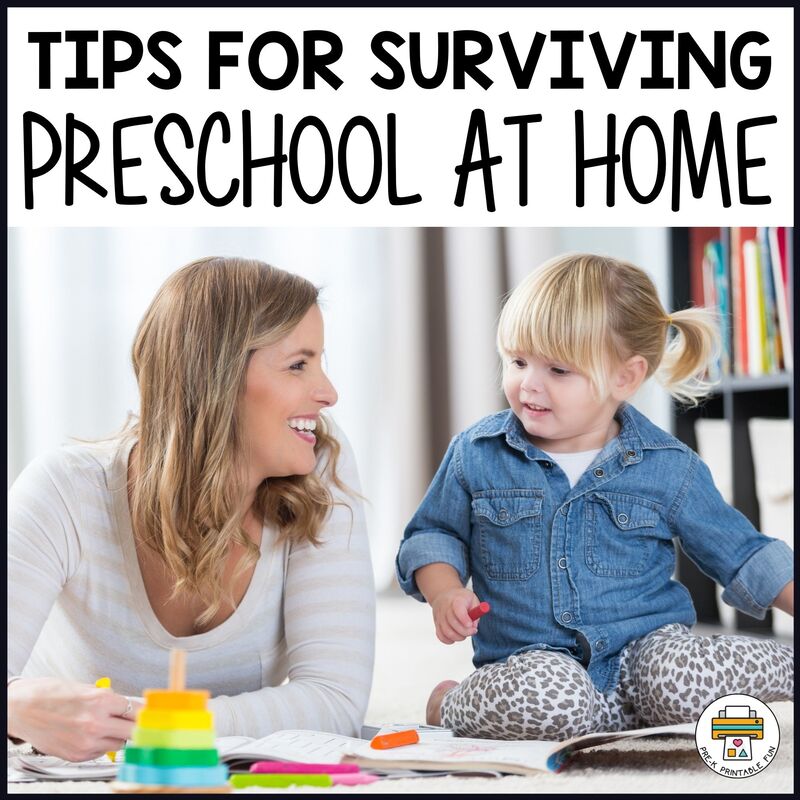

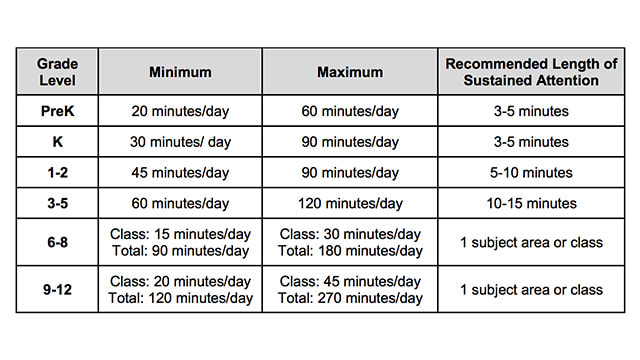
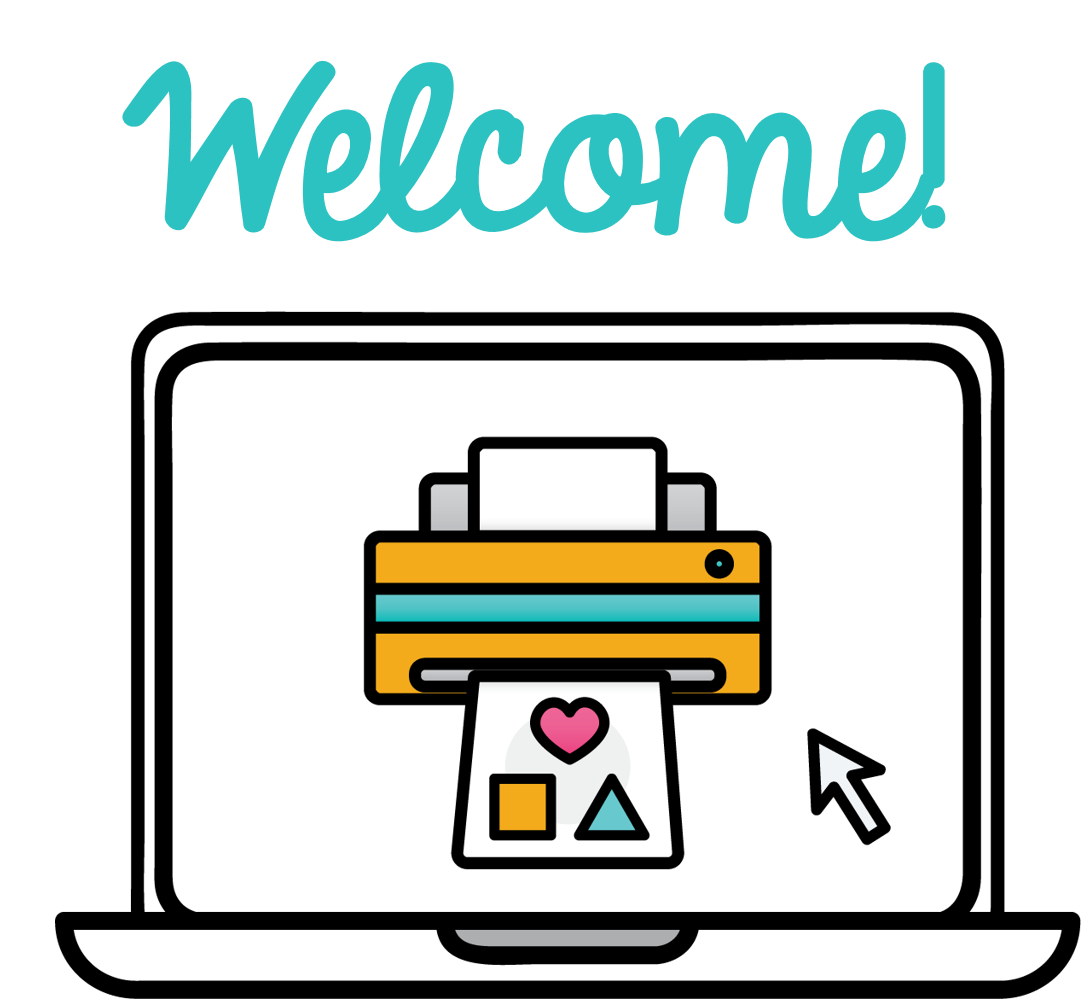

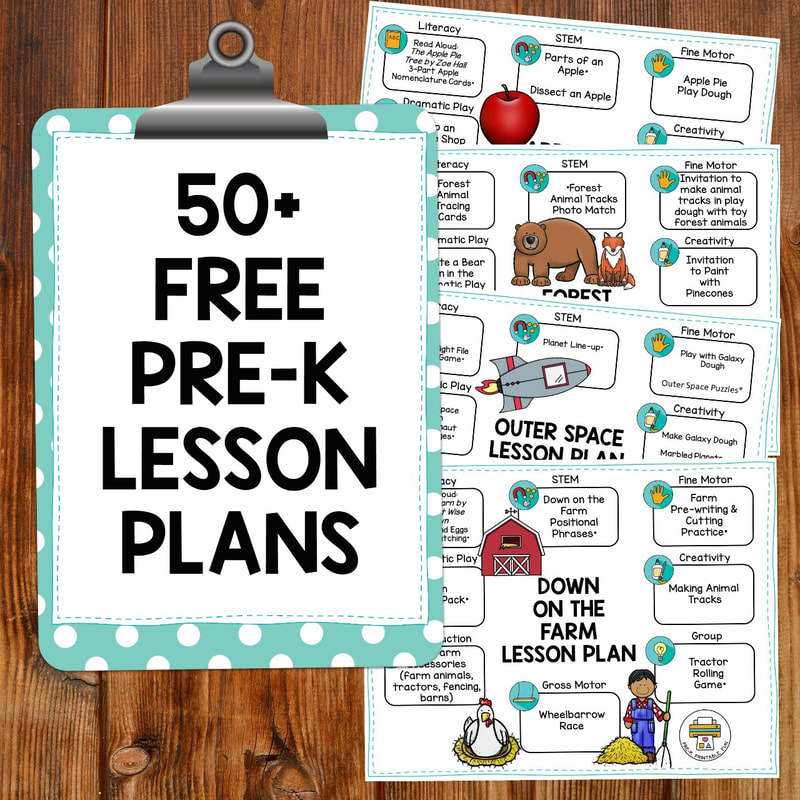
 RSS Feed
RSS Feed
